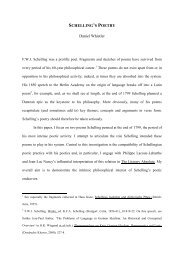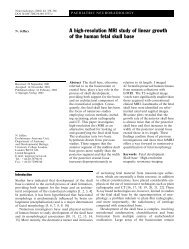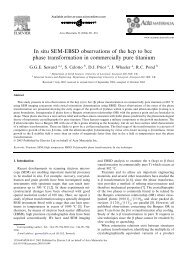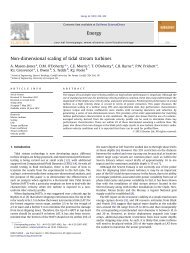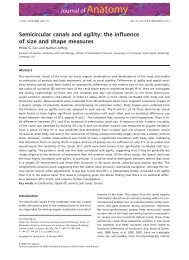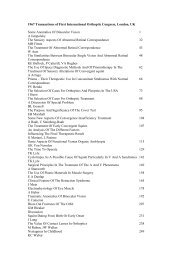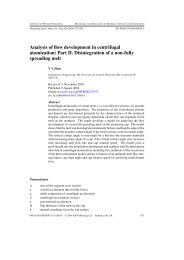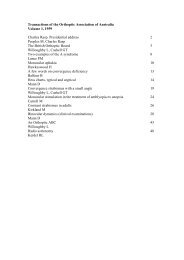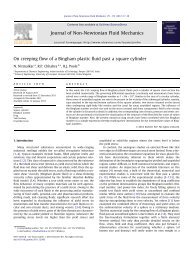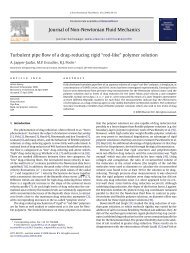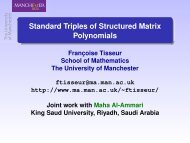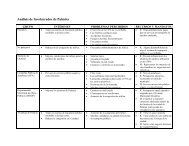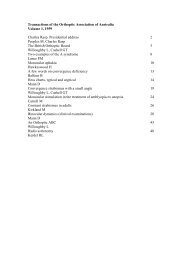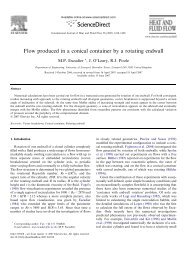The Discipline of Pious Reason: Goethe, Herder, Kant Daniel ...
The Discipline of Pious Reason: Goethe, Herder, Kant Daniel ...
The Discipline of Pious Reason: Goethe, Herder, Kant Daniel ...
Create successful ePaper yourself
Turn your PDF publications into a flip-book with our unique Google optimized e-Paper software.
[B] Hemsterhuis’ Lettre sur les désirs<br />
To begin, therefore, it is worth summarising the argument <strong>of</strong> Hemsterhuis’ Lettre sur<br />
les désirs. 12 Like all Hemsterhuis’ work, this piece consists in (what one critic has<br />
called) ‘a mixture <strong>of</strong> empiricism and Platonism’ (di Giovanni, 1994, p. 47).<br />
Hemsterhuis is very influenced by the mechanistic sensualism <strong>of</strong> his French<br />
contemporaries and his vocabulary is theirs, but beneath this empiricist terminology<br />
there resides a neoplatonic metaphysics. While, it must be admitted, Hemsterhuis’<br />
neoplatonism is crude, his work was still perfectly recognisable to his contemporaries<br />
as providing an eighteenth-century reworking <strong>of</strong> neoplatonic thought. Indeed,<br />
<strong>Herder</strong>’s Liebe und Selbstheit is exclusively concerned with Hemsterhuis’<br />
neoplatonism.<br />
At the beginning <strong>of</strong> the work, Hemsterhuis states, ‘<strong>The</strong> absolute goal <strong>of</strong> the soul,<br />
when it desires, is the most intimate and most perfect union <strong>of</strong> its own essence with<br />
that <strong>of</strong> the desired object.’ (Hemsterhuis, 1846, p. 54) Again, the comparison with<br />
Plotinus is revealing: as for Plotinus so for Hemsterhuis, to desire something is to<br />
desire to become one with it. Moreover, and also in line with Plotinus, such desire is a<br />
force <strong>of</strong> attraction inherent in all matter. A tendency towards oneness forms the<br />
essence <strong>of</strong> all beings—animate and inanimate. Whenever there is more than one<br />
discrete object dispersed in the world, the natural inclination will be to rid the world<br />
<strong>of</strong> the multiple until only the One remains. <strong>The</strong> ultimate goal <strong>of</strong> this tendency is ‘that<br />
two substances will become united to such an extent that any notion <strong>of</strong> duality will be<br />
destroyed.’ (ibid, 53) As <strong>Herder</strong> summarises, ‘Hemsterhuis demonstrated that love<br />
unites beings and that all longing, all desire, strives only for this union, as the only<br />
possible pleasure <strong>of</strong> separated beings.’ (1994, 4:408; 1993, p. 112)



